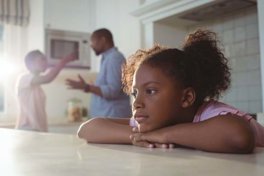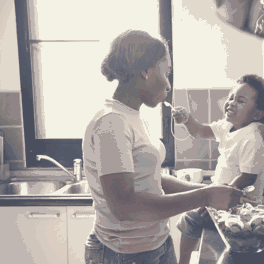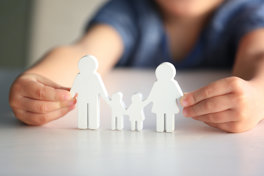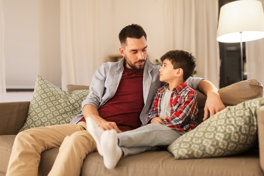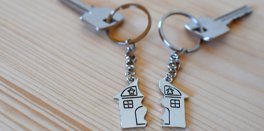
Solicitors Guide to Understanding Parental Responsibility
Understanding parental responsibility can be a tricky subject, especially if you are a couple who have had a child unmarried. Currently, in the UK, over 51% of children were both to unmarried mothers, which is over half of the population. This is calculating all records dating back to 1845, and though this proves that less and less people are getting married before children, it leaves the question of who has parental responsibly of their child.








